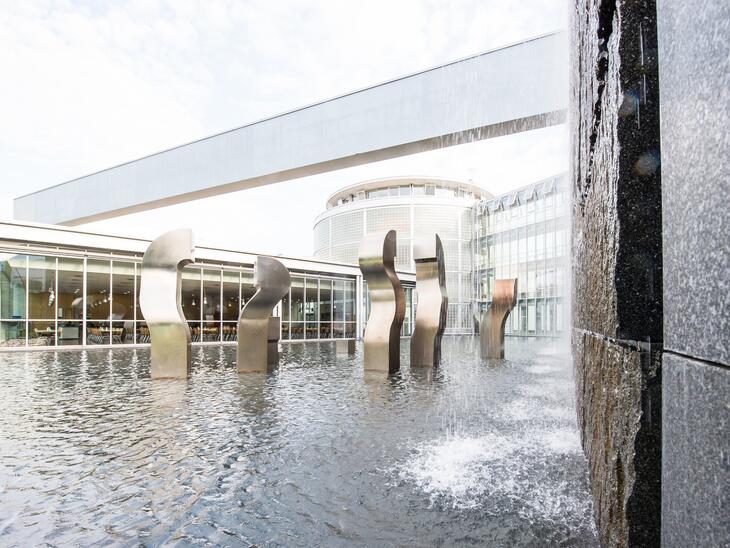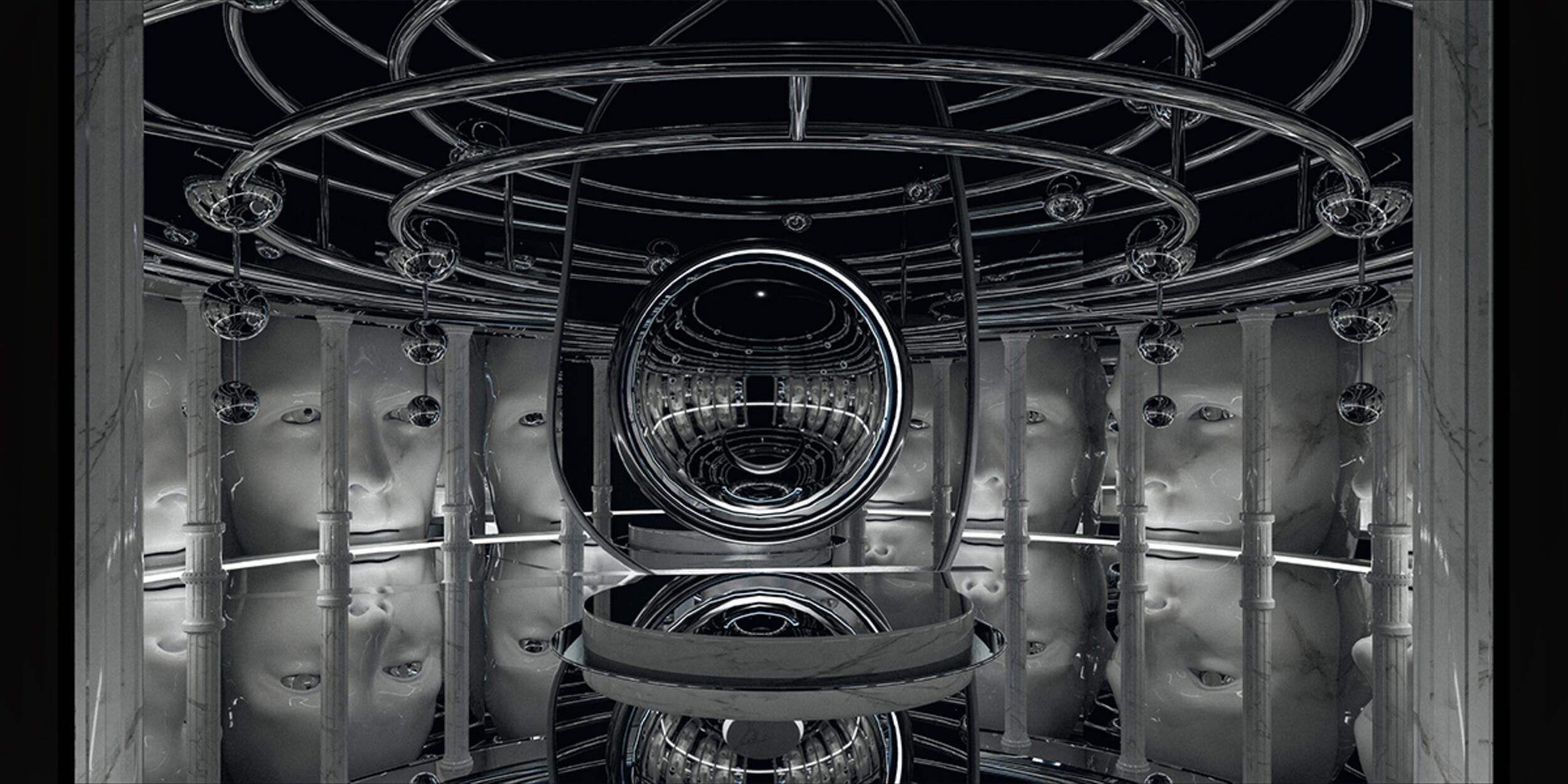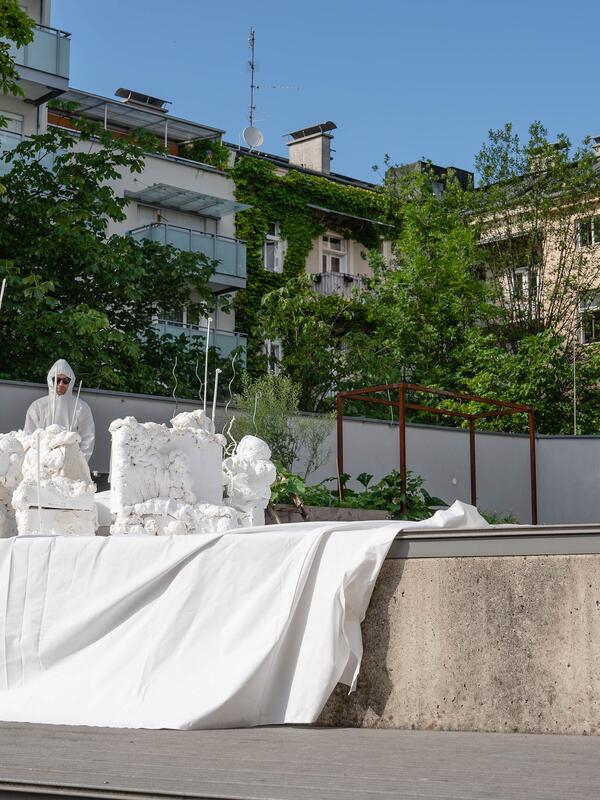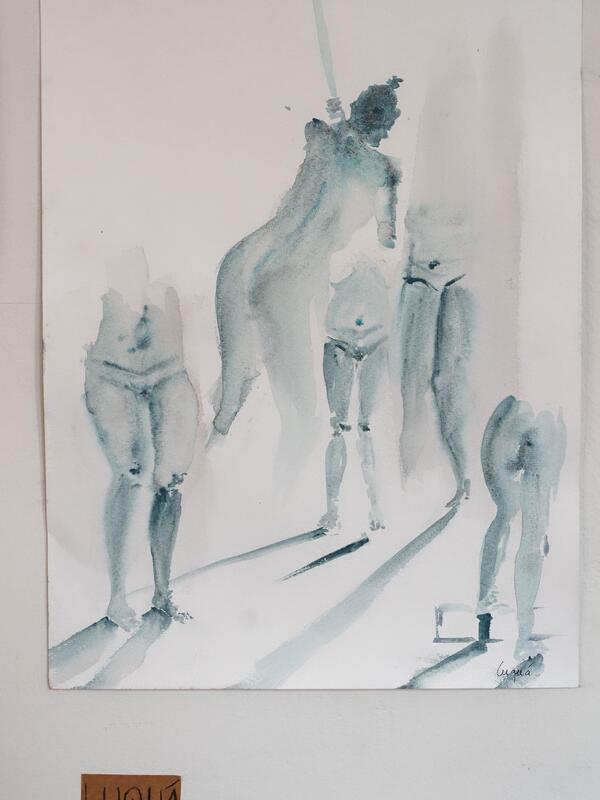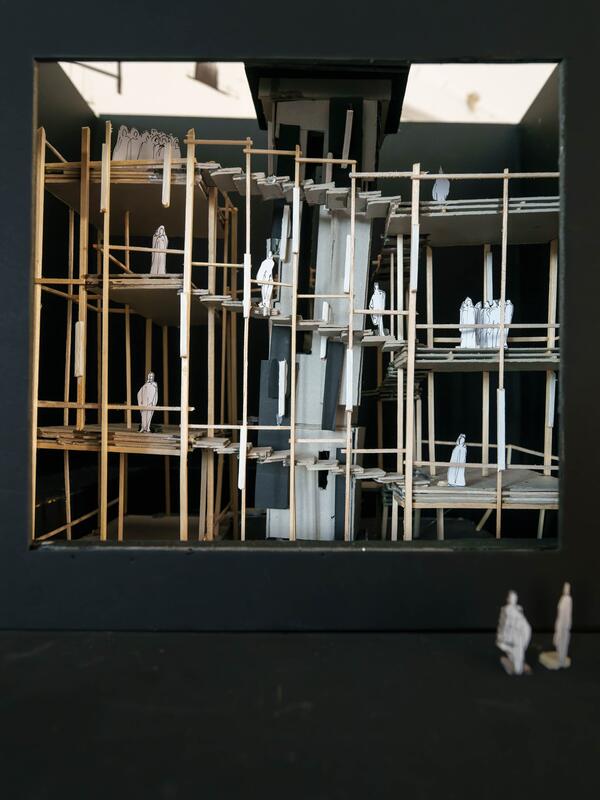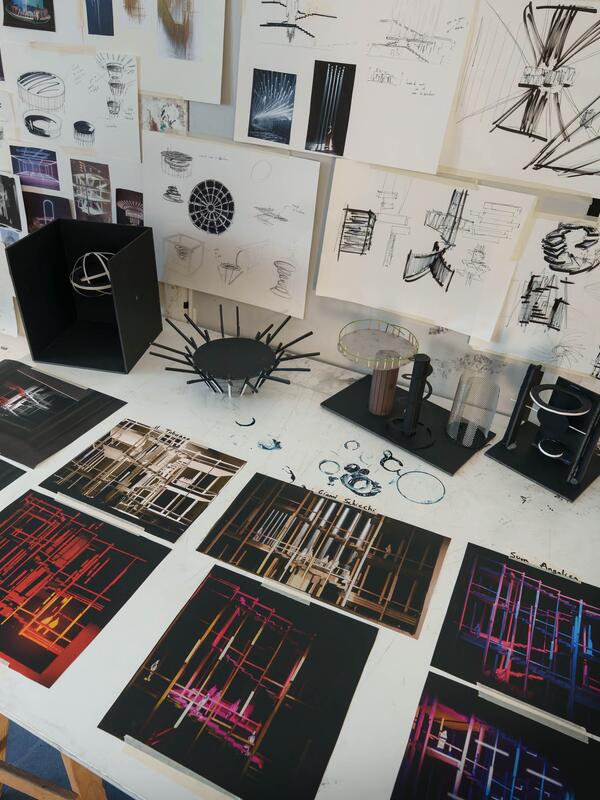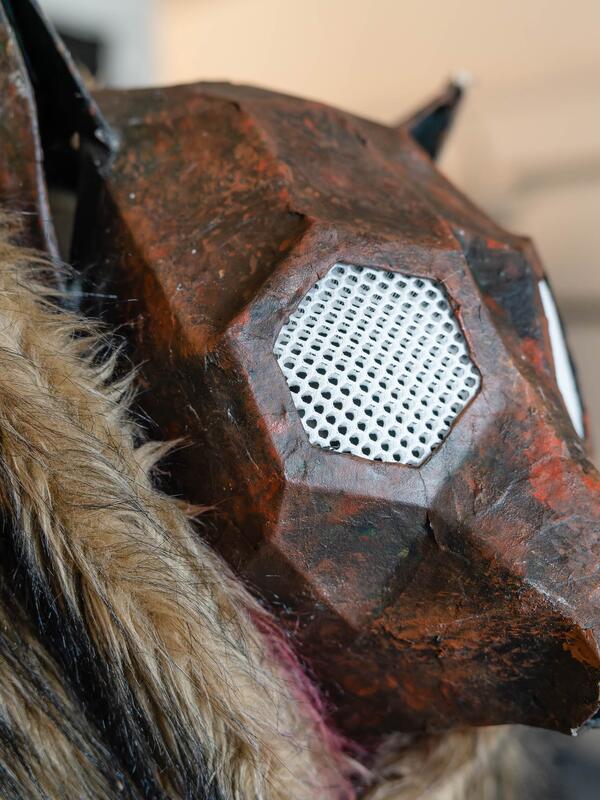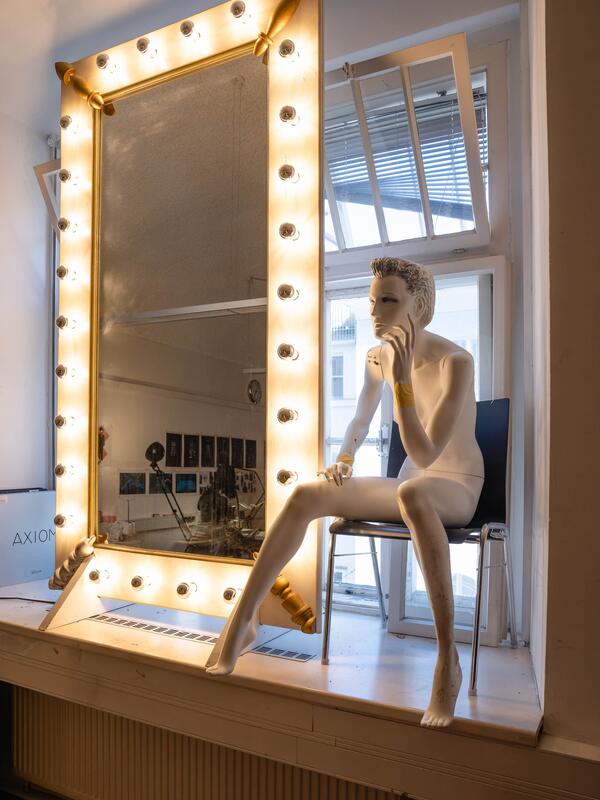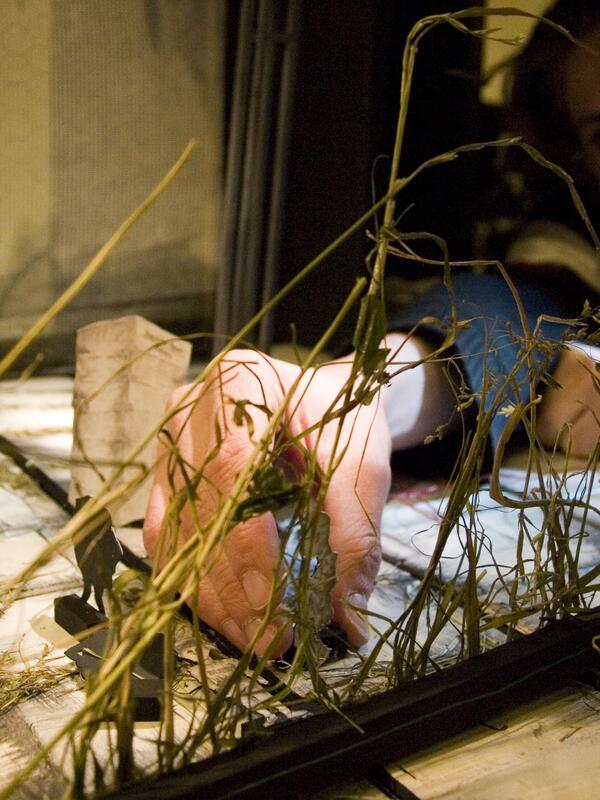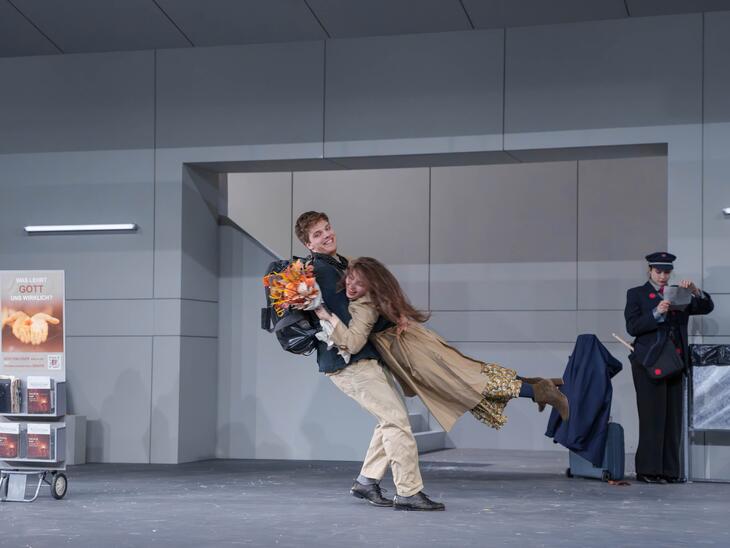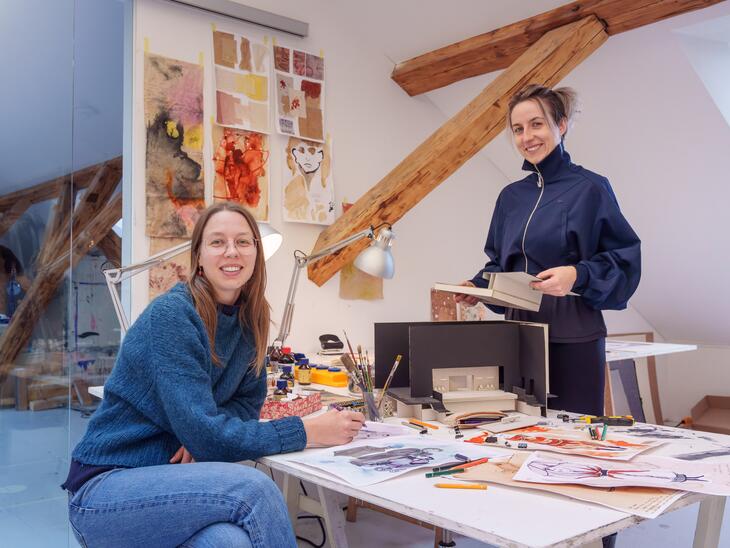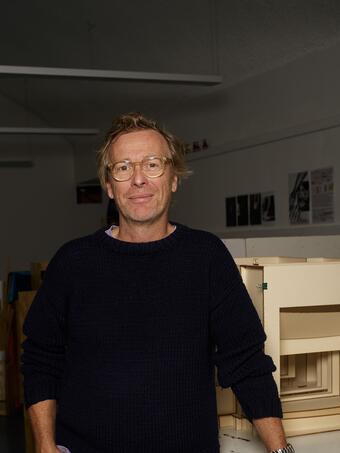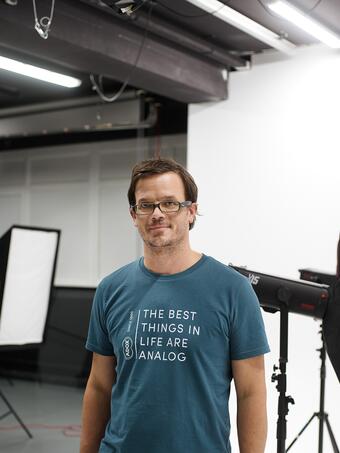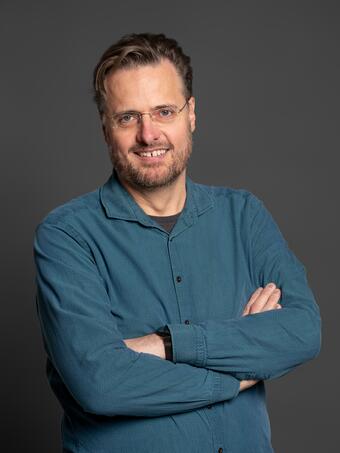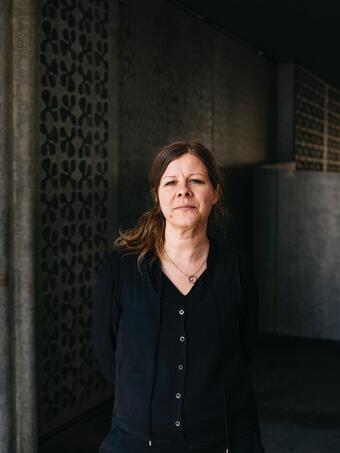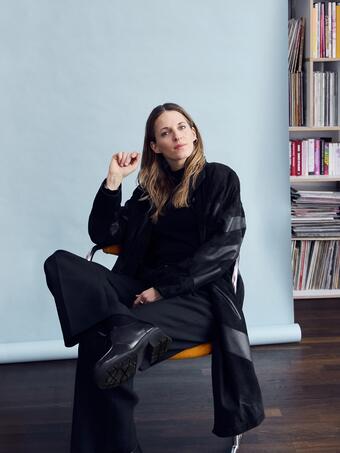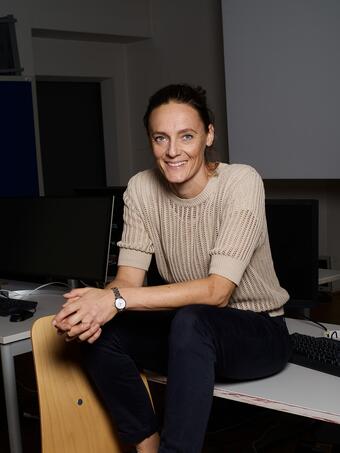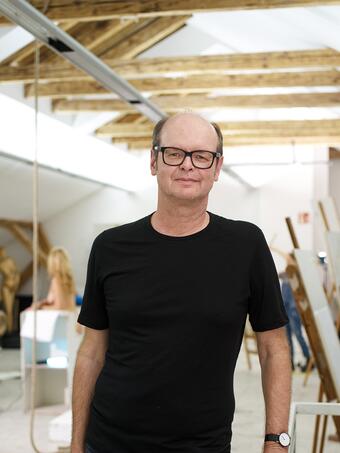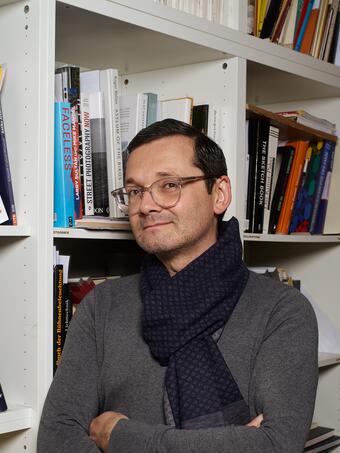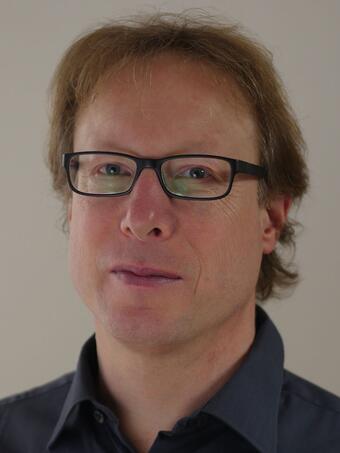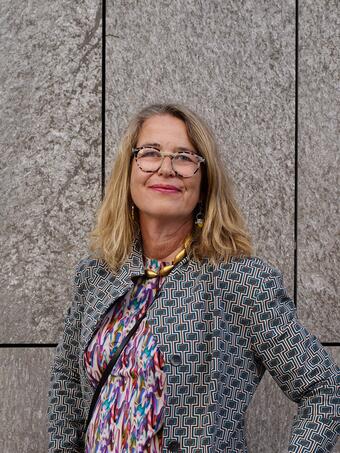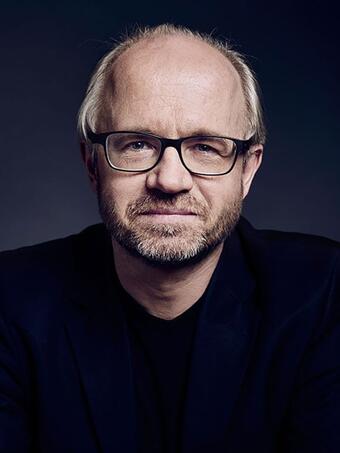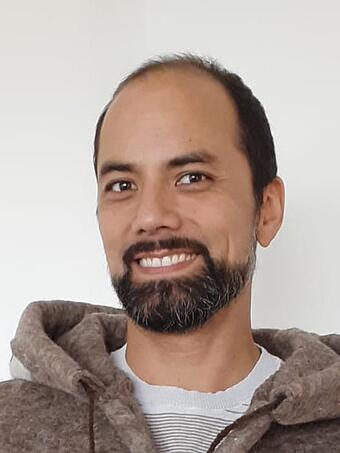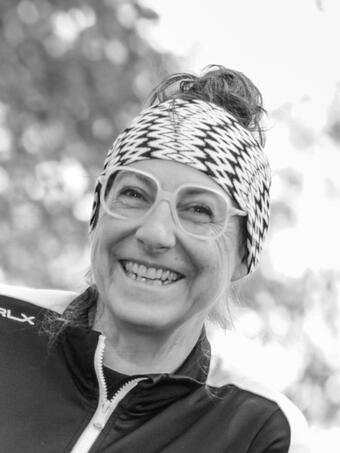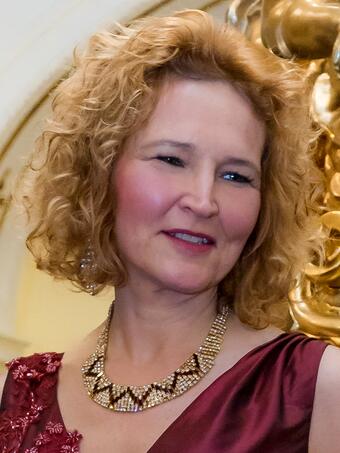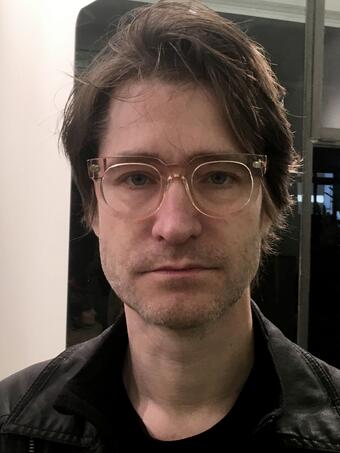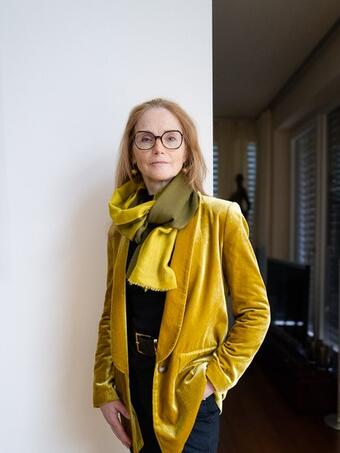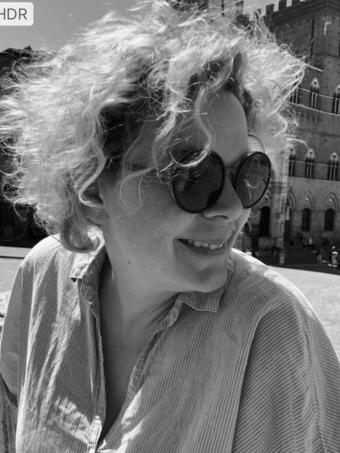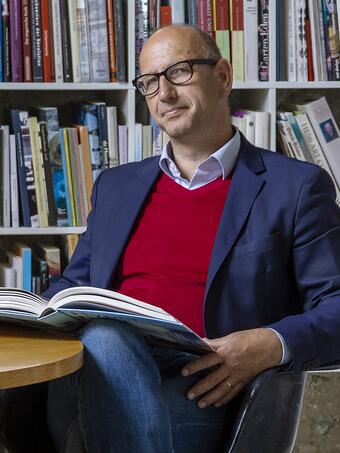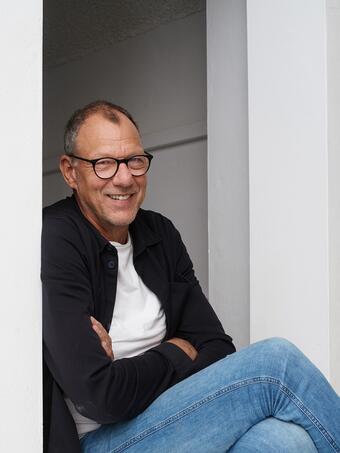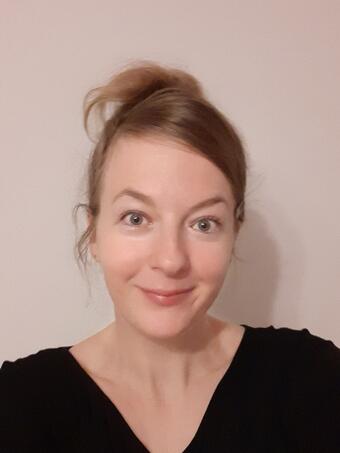Procedure of the entrance examination
The entrance examination consists of:
Part 1:
- A preliminary discussion with the examination panel and joint review of the portfolio
Part 2:
- Drawing according to given motifs (object, space, architecture, etc.)
- Drafts in relation to a given theme with the help of sketches, drawings and a small model
- a final discussion with the examination committee and announcement of the result of the examination.
On the basis of the artistic portfolios submitted, the examination panel will make a preliminary selection of the candidates to be invited. Invitations to the entrance examination will be sent at short notice by e-mail.
Attendance is compulsory for all 3 days of the examination period (date 1 or date 2, depending on registration). The examination begins at 10.00 a.m. (or 9.00 a.m. if necessary) and ends at approx. 6.00 p.m. each day.
Candidates must bring their own drawing and painting utensils (paper/pencils/paints etc.) as well as materials for model making (scissors/cutter/cutting ruler/glue/cardboard etc.) to the entrance examination. The candidate's portfolio (which was submitted in advance) will be returned at the final interview, while the work produced during the examination will remain at the department for archiving.
Information on the individual partial examinations
Part 1: Portfolio
A compilation of the candidate's own artistic works (drawings, sketches, drafts, models and photos on the topics of spatial perception, architectural representation and free artistic topics) must be submitted to the examination board in the form of a portfolio. It can be submitted as a physical portfolio or as a PDF document.
No restrictive guidelines are set with regard to technique, format and number of works. Works that have been created in the context of various school lessons with given tasks may be included in the portfolio but should be kept to a minimum.
An advisory discussion of the portfolio in advance is possible at any time by personal appointment via the secretary's office and is highly recommended. Furthermore, at the end of the summer semester there is the opportunity to gain an insight into the study programme and the department through a studio tour. Information can be obtained from the secretary's office.
The application form and the portfolio can be submitted in person at the departmental secretary's office or at the porter's office of the Mozarteum University on the respective dates for portfolio submission. Alternatively, the portfolio can be sent by post to the following address:
Universität Mozarteum Salzburg
Bühnengestaltung/Department Szenografie
Schrannengasse 10a
5020 Salzburg
AUSTRIA
It is also possible to submit a digital portfolio. It can be uploaded as a single PDF document to the Muvac application portal. The maximum file size is 25 MB.
Part 2: Entrance Examination & Interview
An artistic examination taking place over 3 days serves as proof of artistic-creative talent and the ability to express oneself through drawing. The topic is selected by the examination senate. The examination tasks includes still life drawing, drafts and sketches for the tasks set by the examination board, and model construction. A discussion about the portfolio at the beginning of the examination and a final discussion about the work produced during the examination allows the candidate and the examiners to get to know each other.
Mastery of the German language is required according to §37(1) and Appendix 1 Z 2a UniStG and must be demonstrated at the beginning of the degree programme. Proof is provided by means of an oral examination, to take place as part of the entrance examination.
